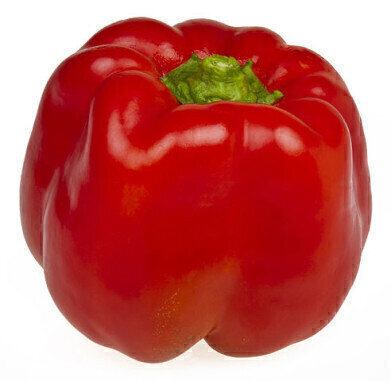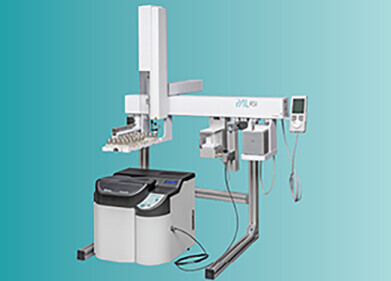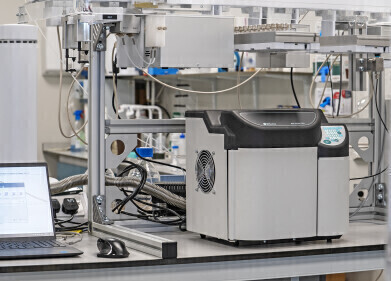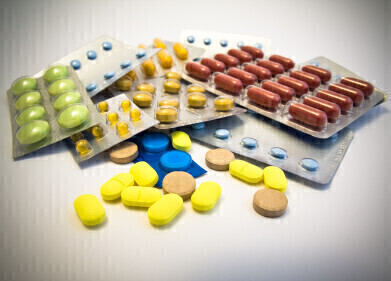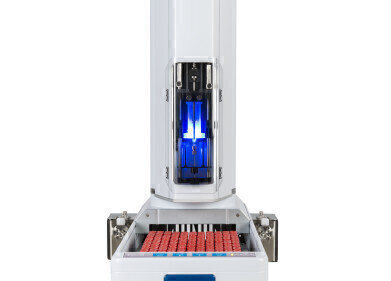Autosamplers
Wash Those Pesticides Away — Chromatography Investigates
Oct 16 2015
We are told to eat our fruit and veg by everyone — the government, health professionals, your Nan and even the school dinner ladies (sorry, lunchtime assistants). It is undoubtedly good advice with fruit and vegetables being a good source of vitamins, minerals and dietary fibre — and their consumption reduces the risk of heart disease, stroke and cancer. The World Health Organisation recommends that we eat 400g a day, which has been translated into the UK’s 5-a-day campaign.
Public awareness about what we actually eat has increased in recent years — no doubt the awareness was raised by the media reporting on BSE, salmonella in eggs and horsemeat burgers. Another area that has caused confusion and concern among consumers is the issue of pesticides and their part in the food we eat.
Pesticides and food
Pesticides are used on our fruit and vegetables to reduce the pests and diseases they get and hopefully increase the yields a producer gets from his crops. But their use is not without controversy — both with people concerned about their environmental impact and the risk associated with consuming pesticides.
Pesticides approved for use are controlled to make sure that the minimum amount of pesticide is used at the right time. This is to make sure that the levels are minimised on the harvested foodstuff to reduce the risk to the consumer. Even so, it is recommended that all fruit and vegetables are washed before use to reduce the pesticide level. A recent study in the Republic of Korea has investigated the effects of standard household processes on pesticide levels on peppers and pepper leaves, which are eaten as namul, a seasoned vegetable dish. Does a rinse under the tap work?
Rinse those vegetables
The study, published in Biomedical Chromatography, looked at the non-systemic pesticide pyridaben which is used to control pests like mites, ticks, aphids and leafhoppers on fruit and vegetable crops around the world. Non-systemic pesticides work on the surface of the crops or plants, pests have to come into contact with the pesticide and so washing may help reduce the quantity we ingest.
The peppers and leaves were sprayed with pyridaben at a recommended dose, with two days being left between the final pesticide applications and harvesting. The samples were prepared using a quick, easy, cheap, effective, rugged and safe (QuEChERS) method. This was a method developed to measure pesticides in fruit and vegetables but has other uses as discussed in the article, The Applications of QuEChERS Beyond Fruits and Vegetables.
Using liquid chromatography linked to mass spectrometry (LC/MS/MS) to analyse the samples, a big reduction in pesticide residues was found on the washed and blanched samples. Washing reduced the residues by over 80% in the leaves and approximately by 50% in the pepper samples, with the pyridaben levels in the untreated samples being higher than the recommended safe levels.
In summary — wash before you eat.
Image by Evan-Amos (Own work) [CC0], via Wikimedia Commons
Events
May 18 2025 Tempe. AZ, USA
May 21 2025 Birmingham, UK
Jun 01 2025 Baltimore, MD, USA
Jun 15 2025 Bruges, Belgium
Jul 14 2025 Kuala Lumpur, Malaylsia
